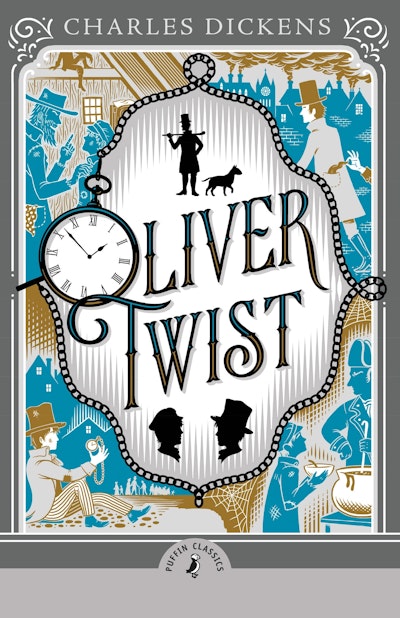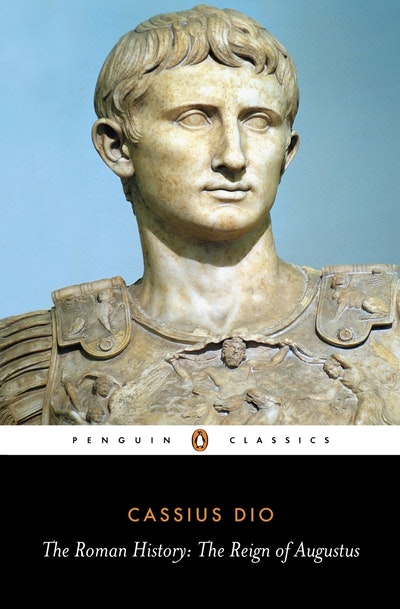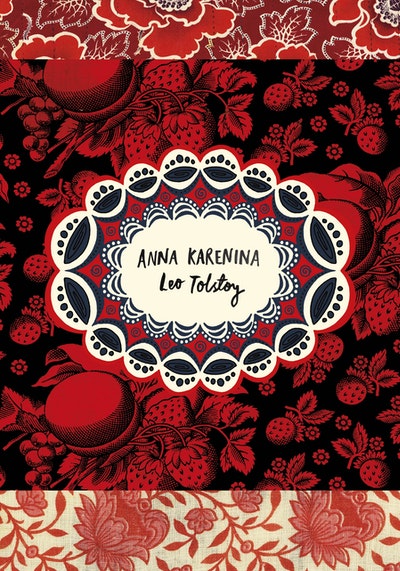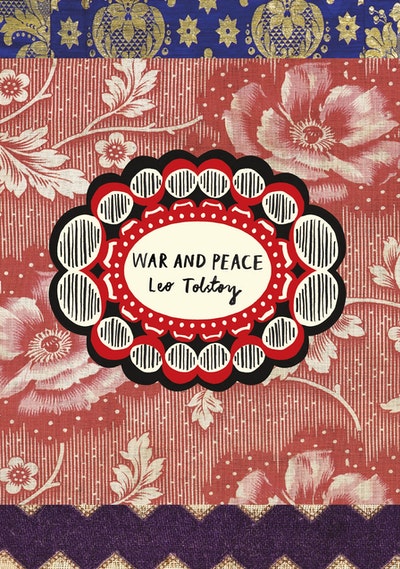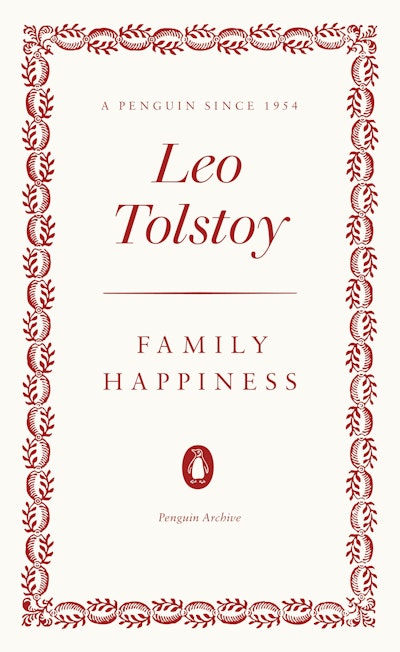- Published: 2 October 2009
- ISBN: 9780141917085
- Imprint: Penguin eBooks
- Format: EBook
- Pages: 576
Resurrection
One of Tolstoy's final works, and a statement of his belief in human redemption
Serving on a jury at the trial of a prostitute arrested for murder, Prince Nekhlyudov is horrified to discover that the accused is a woman he had once loved, seduced and then abandoned when she was a young servant girl. Racked with guilt at realizing he was the cause of her ruin, he determines to appeal for her release or give up his own way of life and follow her. Conceived on an epic scale, Resurrection portrays a vast panorama of Russian life, taking us from the underworld of prison cells and warders to the palaces of countesses. It is also an angry denunciation of government, the upper classes, the judicial system and the Church, and a highly personal statement of Tolstoy's belief in human redemption.
- Published: 2 October 2009
- ISBN: 9780141917085
- Imprint: Penguin eBooks
- Format: EBook
- Pages: 576





































































































































































































































